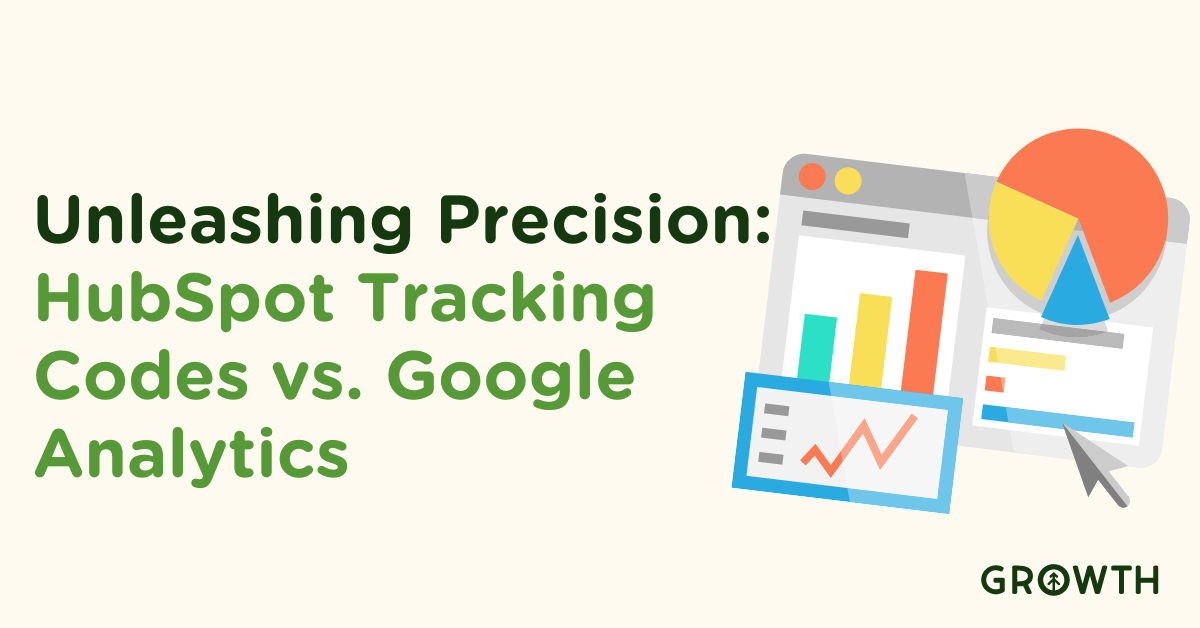Ad Tracking: How to Measure the Success of Your Campaigns
So you got a click on one of your digital ads. Now what? Ad tracking, that’s what.
As the prevalence of digital advertising continues to grow, so too does the importance of understanding how to measure the success of your digital ad campaigns.
Ad tracking is a crucial tool in determining whether your campaigns are achieving your desired results.
So, we’ve got you covered with this article. Let’s dig in.
![]()
What is Digital Ad Tracking?
Ad tracking is a process of measuring the performance and ROI of your ad campaigns.
By understanding how your ads are performing, you can make necessary adjustments to improve results.
Big Reasons to Track Your Ads
Ad tracking allows you to measure the success of your campaigns.
Without tracking, you would have no way of knowing:
- which keywords are performing well
- how much traffic your ads are generating
- whether your campaigns are profitable
Tracking also enables you to fine-tune your campaigns for maximum effectiveness.
For example, if you see that one particular keyword is not converting well, you can adjust your bids accordingly.
Or if you notice that some ads are getting a lot of clicks but few conversions, you can tweak the copy or landing page to improve results.
In short, ad tracking is essential for any serious marketer who wants to get the most out of their campaigns.
With proper tracking in place, you’ll be able to constantly optimize and improve your performance over time—leading to more leads and sales from your paid search efforts.
How To Set Up Ad Tracking
To get started with ad tracking, you will need to set up goals for your campaign.
These could be sales or leads generated from clicks on your ads.
Once you have defined your goals, you can then begin setting up conversion tracking within Google Analytics.
This will help you see which keywords and ads are driving conversions.
You can also use tools like AdWords Editor to track changes made to campaigns over time so that you can better understand what works and what doesn't work for your business.
To set up ad tracking, we recommend Google Analytics—a free tool.
Key KPIs for PPC Ad Campaigns
There are a number of KPIs to pay attention to that indicate the success of an ad campaign.
Here are just a few:
Conversions
Conversions are the number of people who take action after seeing your ad (such as making a purchase or signing up for a newsletter).
By setting up conversion tracking within Google Analytics or another similar platform, you’ll be able to see exactly how successful each individual campaign is at driving results.
Click-Through Rate (CTR)
CTR measures how often people who see your ad actually click on it.
A high CTR indicates that users find your ad relevant, helpful, and/or engaging.
You can view CTR data for each of your ads by logging into your AdWords account; simply look under “All Campaigns” and then select “Ad performance” from the drop-down menu.
Cost per Acquisition (CPA)
CPA measures how much it costs you on average to convert one person who sees your ad into a paying customer, lead, or subscriber.
This cost includes both the amount you spend on clicks as well as the cost of any other marketing activities needed to complete those sales and signups such as retargeting ads or email drip campaigns.
To calculate your site's CPA:
- Divide the total amount spent on an ad campaign by the number of sales or customers acquired from that total investment in order to get a clean number for what each lead actually costs you.
- Compare that number across various channels and platforms until you identify where most of the "low-hanging fruit" is hiding for future investments.
Certainly, this will require constant monitoring over time as the success rate offered by different acquisition channels changes.
Final Thoughts
Tracking your ad campaigns provides valuable data that can help you make strong, data-driven decisions about your advertising budget and improve your digital advertising campaigns and ROI over time.
Need help creating an ad campaign or tracking one you’re already running?
The Growth team has proven success growing businesses large and small through marketing, advertising, and software solutions that streamline operations, customer experience, and sales. Talk to us about how we can help you grow your business.
Explore More Insights: Related Blog Posts
-
 Tech StackOct 21, 2022
Tech StackOct 21, 2022 Growth Marketing Firm
Growth Marketing FirmTech Stack Highlight: Kixie for ABM
As business and technology evolve, so too must the strategies that sales and marketing teams use to generate...
-
 LeadershipOct 14, 2022
LeadershipOct 14, 2022 Growth Marketing Firm
Growth Marketing FirmThe 8 Essential Skills of a Business Leader
Are you a born leader or did you develop your leadership skills over time? If you fall into the latter...
-
 Inbound MarketingMar 11, 2022
Inbound MarketingMar 11, 2022 Growth Marketing Firm
Growth Marketing FirmHow Lean Marketing Teams Outperform Large Ones
Remember how in Mad Men there was at least one scene per episode in which Don Draper pitched a marketing...
-
 HubSpotSep 13, 2022
HubSpotSep 13, 2022 Growth Marketing Firm
Growth Marketing FirmABM Strategy: Choose LinkedIn Sales Navigator Advanced Over LSN Core
To start and maintain a truly robust and effective Account-Based Marketing strategy, you have to bring some...
-
 Inbound MarketingAug 17, 2022
Inbound MarketingAug 17, 2022 Growth Marketing Firm
Growth Marketing FirmA Growth Guide to Account-Based Marketing
Growth Marketing Firm · A Growth Guide To Account - Based Marketing What if your sales team could begin...
-
 Inbound MarketingSep 9, 2022
Inbound MarketingSep 9, 2022 Growth Marketing Firm
Growth Marketing FirmTop 14 KPIs for Marketing Teams
The best key performance indicators (or KPIs) derive from aligning data with your business goals. Analysis of...
-
 web analyticsDec 6, 2023Cara Bunda
web analyticsDec 6, 2023Cara BundaUnleashing Precision: HubSpot Tracking Codes vs. Google Analytics
In the intricate world of digital analytics, businesses are constantly seeking tools that not only provide...
-
 Sales EnablementFeb 13, 2023
Sales EnablementFeb 13, 2023 Growth Marketing Firm
Growth Marketing FirmABM Strategy: 3 Tips for Aligning Your Sales + Marketing Teams
Account-based marketing (ABM) is a growth strategy that helps sales and marketing teams collaborate on...
-
 CopywritingFeb 9, 2023
CopywritingFeb 9, 2023 Growth Marketing Firm
Growth Marketing FirmA Copywriter's Conversation about ChatGPT with ChatGPT
Hey! I’m the copywriter at Growth, and I’ve been playing with (and seriously thinking about) AI language...


